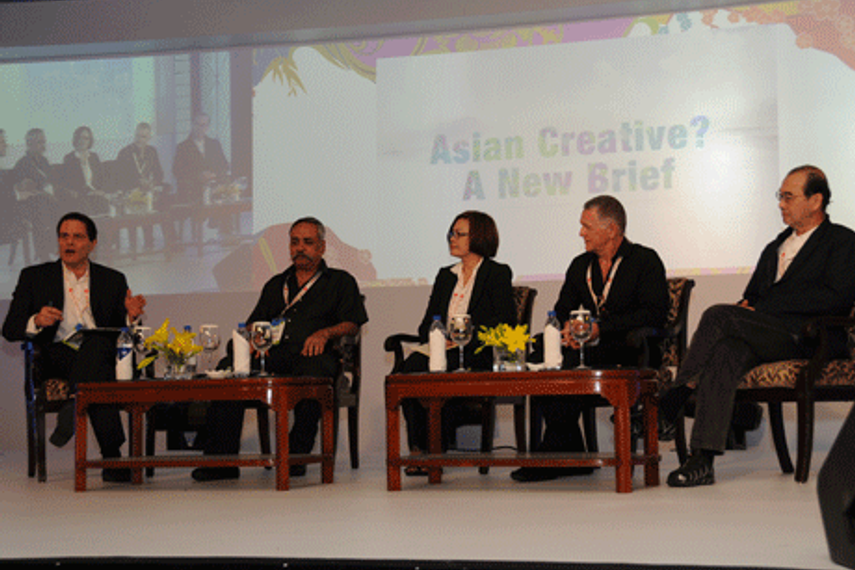
Please sign in or register
Existing users sign in here
Having trouble signing in?
Contact Customer Support at
[email protected]
or call+91 22 69489600
A report from the session on "Asian Creative? A New Brief" at AdAsia 2011

Contact Customer Support at
[email protected]
or call+91 22 69489600
Top news, insights and analysis every weekday
Sign up for Campaign Bulletins
As the official beverage partner, the brand will support the tournament through on-ground and fan-focused initiatives.
A new outdoor collaboration brings together Ethnix by Raymond and Shaadi.com through a high-visibility installation.
Lalatendu Das, CEO, Publicis Media South Asia explains why brand marketers are still figuring out India’s fastest-growing retail channel.
As Movember rounds out to a close, let's decode the evolution of modern masculinity through advertising.